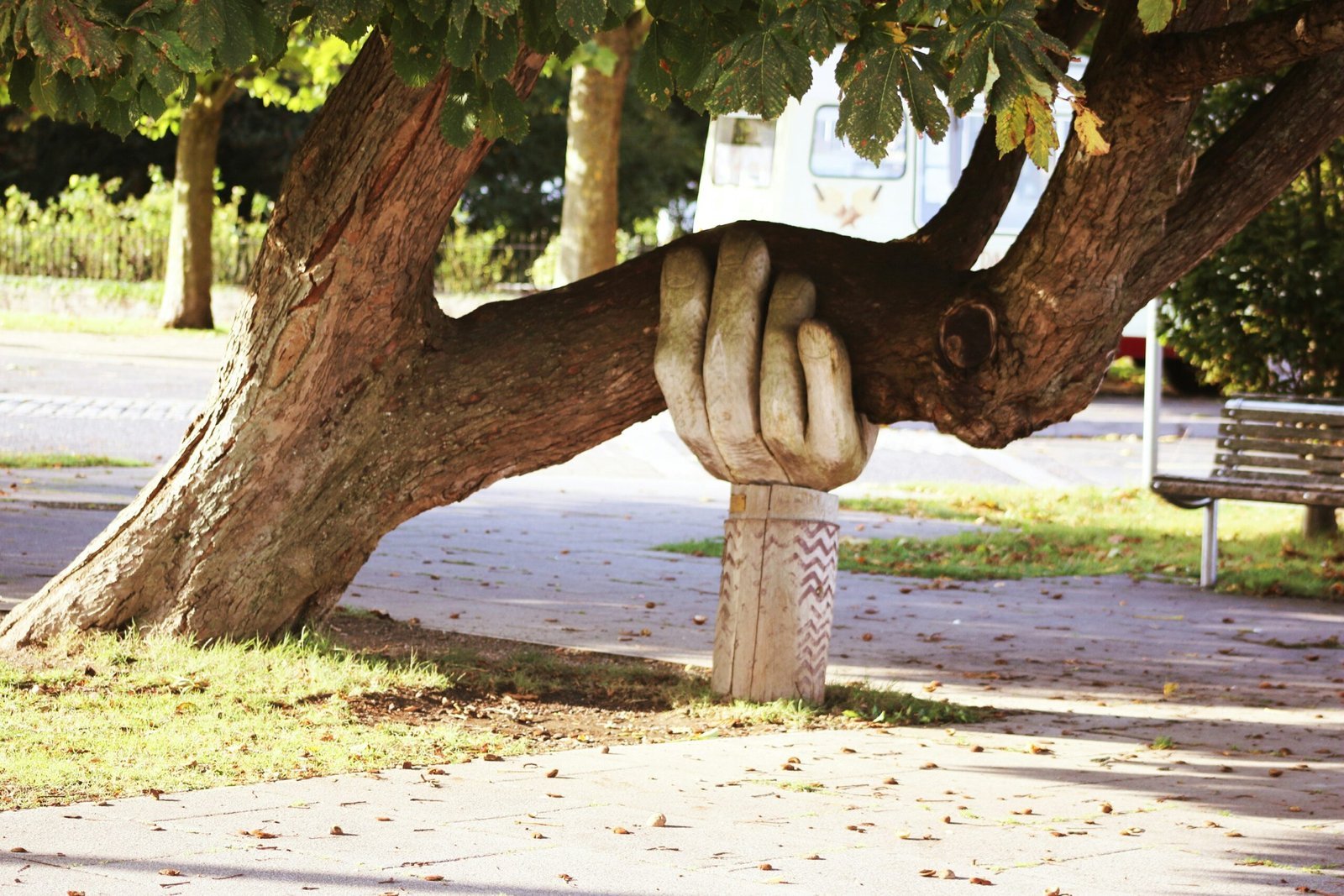So, let’s talk about something that often gets swept under the rug: women in their 30s and 40s calling it quits on relationships when they still want kids. It’s a complex scenario, and trust me, it’s about way more than just the guy they’re with.
First off, let’s acknowledge the ticking biological clock. For many women, the pressure starts to mount as they hit their 30s. They see friends settling down, having babies, and suddenly the dream of a nuclear family feels like it’s slipping through their fingers. It’s no wonder that the idea of a breakup can feel like a double whammy—losing a partner and potentially missing out on motherhood. The emotional stakes are high, and the fear of running out of time can make the decision to end things all the more heart-wrenching.
Now, why do women often romanticize a relationship or an ex, even if things weren’t all sunshine and rainbows? It’s like there’s this weird filter that kicks in, making even the crummiest moments seem golden in hindsight. Maybe it’s because when you’re staring down the possibility of being single and childless, your mind starts to fill in the gaps. You start to think about the “what-ifs” and “could-have-beens.” It’s easier to hold onto a flawed relationship than to face the unknown future ahead.
Heartbreak isn’t just about losing a companion; it’s also about mourning the life you thought you were going to have. For many, it’s the dream of family gatherings, birthday parties, and all those small moments that add up to something beautiful. When that vision starts to crumble, it can feel devastating. The emotional weight of that loss is heavy, and it often leaves a lingering ache that’s hard to shake off.
There’s also the societal pressure. People often ask when you’re going to settle down or have kids, and that can amplify feelings of inadequacy. Ending a relationship can feel like you’re not just breaking up with a partner; you’re also letting go of the dream of a family. It’s a tough pill to swallow when you realize that the clock is ticking, and you’re standing at a crossroads with some heavy choices to make.
But here’s the thing: choosing to break up is sometimes the bravest thing you can do. It’s about acknowledging that the current situation isn’t going to lead you where you want to go. It’s about saying, “Hey, I deserve to find love that aligns with my dreams.” It’s a tough road, but the hope of finding a partner who shares your vision of the future can make the heartache worth it in the end.
In this wild journey of love, relationships, and dreams of family, it’s essential to honor your feelings and give yourself grace. Yes, the biological clock might be ticking, but remember that every ending can also be a new beginning. Embracing the uncertainty can open doors to opportunities you never even considered. So, while it’s okay to feel heartbroken, it’s also okay to hold onto hope for what’s next.
And here’s the silver lining: women today have a multitude of choices that previous generations didn’t. The landscape of motherhood has expanded, offering paths beyond traditional timelines. Adoption, fostering, and even freezing eggs are all options that allow women to take control of their reproductive journeys. You can build a family on your own terms, whether that means waiting for the right partner or diving into motherhood solo.
So while it’s okay to feel heartbroken, it’s also okay to celebrate the empowerment that comes with these choices. Every ending can lead to a new beginning, and embracing the possibilities ahead can spark hope and excitement. In this era, women can define what family means to them, and that’s something truly worth celebrating.



